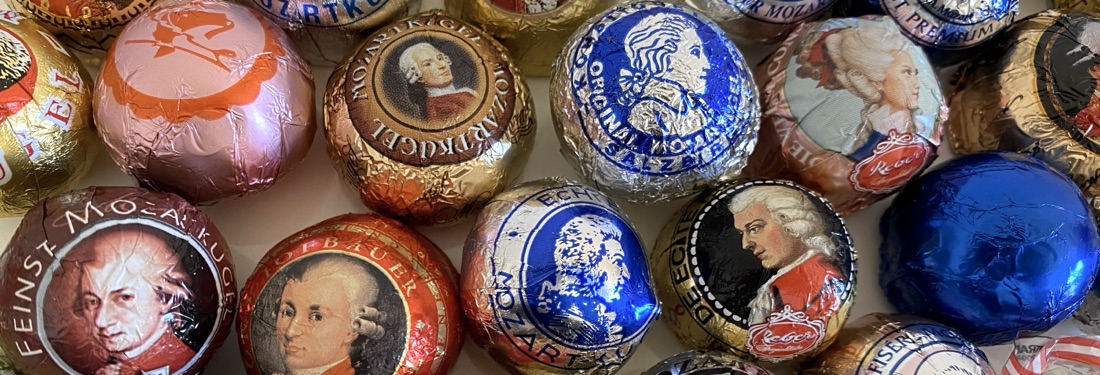

These firsts have prompted a Trove Thursday Mega-Post © featuring the wonderful American soprano in Orff’s Carmina Burana with the New York Philharmonic under Rafael Frühbeck de Burgos: Richard Strauss’s Brentano Lieder led by Christian Thielemann; plus extended live excerpts from Handel’s Orlando, Mozart’s Die Entführung aus dem Serail, and Meyerbeer’s Les Huguenots (duetting with Michael Spyres.)
In the spring of 2007, I was eager to finally see La Finta Giardiniera, the charming rarely performed early work by Mozart. Juilliard Opera was staging it, and there was a good deal of buzz about Isabel Leonard, the mezzo singing the trouser role of Ramiro. While both Leonard and Brenda Rae, the Arminda, were very good, I was blown away by a soprano I knew nothing about who portrayed the title role of Violante, disguised as Sandrina. I made a note to myself to look out for Erin Morley in the future.
Two years later, friends convinced me to take the long bus ride to Bard College to see Les Huguenots. To my surprise, I quite enjoyed the Meyerbeer, especially Morley and a tenor I was hearing for the first time: Spyres. By the way, last fall Morley returned to Meyerbeer via concert performances of Robert le Diable conducted by Marc Minkowski at the Bordeaux Opera. I understand that the cast led by John Osborn subsequently recorded the work under the auspices of the busy Palazzetto Bru Zane.
Over the next few years, I heard Morley often—in smallish roles in Peter Grimes, Pique Dame, The Nose, Hansel und Gretel, Ariadne auf Naxos and Götterdämmerung at the Metropolitan Opera where her breakthrough was as Constance in the 2013 revival of John Dexter’s legendary production of Dialogues des Carmélites.
One of my favorite concerts from around that time was my first Morley-Mozart encounter since Finta. I’ve written of my love with the composer’s great soprano concert arias, so as they aren’t performed very often locally, I jumped at the chance to hear “Vorrei spiegarvi” and “No che non sei capace” at the 2015 Mostly Mozart Festival. To my surprise, a pirate recording of Morley singing the former turned up on YouTube.
Am I being ungrateful to wish that the other deliciously florid piece was also available?
Many will remember how Morley stole the show during the Met’s streamed At Home Gala accompanying herself on the piano in a brilliant “Chacun le sait” from Donizetti’s La Fille du Régiment.
Others may also be familiar with Morley either from her delightful Olympia or her exquisite Sophie which I first caught at the Met with Martina Serafin and Daniela Sindram in 2013 when she stepped into the role after Mojca Erdmann vanished after the dress rehearsal. Morley, of course, returned to the role several years later for the premiere of the Robert Carsen production stealing Elina Garanca from Renée Fleming.
Next season at the Met Morley once again sings Sophie on the occasion of Lise Davidsen’s first-ever Marschallin—a casting I still can’t quite wrap my head around. And after having debuted Pamina in the Met’s shredded Magic Flute for kids, she’ll get the chance to do the role there properly when Simon McBurney’s pandemic-delayed Die Zauberflöte finally arrives in spring 2023.
Of the Morley’s projects for next season, the one I’d most like to hear is her first Handel role since a superb Orlando Angelica six years ago with the English Concert. She’ll be Morgana when Minkowski leads his Musiciens du Louvre in a European tour of Alcina. Her “Credete al mio dolore” should be divine.
When I realized I hadn’t yet posted Carmina Burana, I pulled out the broadcast of the 2012 New York Philharmonic concert I’d attended. Then I thought I’d add Morley’s Brentano, and then this enterprise just grew and grew into a Trove Thursday Mega-Post ©!
The other selections include arias, a duet and a trio from Orlando, Marguerite’s “O beau pays” and duet with Raoul from Les Huguenots, as well Konstanze’s three Entführung solos. Although her Brentano doesn’t include the dramatic sixth song which many sopranos omit—though Golda Schultz performed it this year with the New York Philharmonic—Thielemann included instead the world premiere of a song by Thomas Hennig based on themes by Strauss.
One prays that her first Met Gilda (which is happening due to the withdrawal of Kristina Mkhitaryan) will prove luckier than her livestreamed debut at the Vienna Staatsoper when Sir Simon Keenlyside, her Rigoletto, had a meltdown during act 2 and had to be replaced by Paolo Rumetz.
Thanks to Orla for supplying me with the Mozart broadcast.
Orff: Carmina Burana
Erin Morley
Nicholas Phan
Jacques Imbrailo
Brooklyn Youth Chorus
Orfeón Pamplonés
New York Philharmonic
Conductor: Rafael Frühbeck de Burgos
Avery Fisher Hall
31 May 31 2012
Broadcast
Strauss: Brentano Lieder (5) & Hennig: Nacht
Erin Morley
Staatskapelle Dresden
Conductor: Christian Thielemann
Semperoper Dresden
30 May 2021
Broadcast
Mozart: Die Entführung aus dem Serail (excerpts)
?Konstanze: Erin Morley
Conductor: Philippe Jordan
Palais Garnier
24 October 2014
Broadcast
Handel: Orlando (excerpts)
Angelica: Erin Morley
Dorinda: Sophie Junker
Medoro: Diana Moore
Orlando: Iestyn Davies
The English Concert
Conductor Harry Bicket
Teatro Comunale di Ferrara
15 November 2016
Broadcast
Meyerbeer: Les Huguenots (excerpts)
Marguerite de Valois: Erin Morley
Raoul de Nangis: Michael Spyres
American Symphony Orchestra
Conductor: Leon Botstein
Bard Summerscape
2 August 2009
Broadcast
Each Morley selection can be downloaded by clicking on the icon of a cloud with an arrow pointing downward on the audio player above and the resulting mp3 file will appear in your download directory.
In addition, well over 500 other podcast tracks are always available from Apple Podcasts for free, or via any RSS reader. The archive which lists all Trove Thursday offerings in alphabetical order by composer will soon be updated.
Photo: Michael Poehn
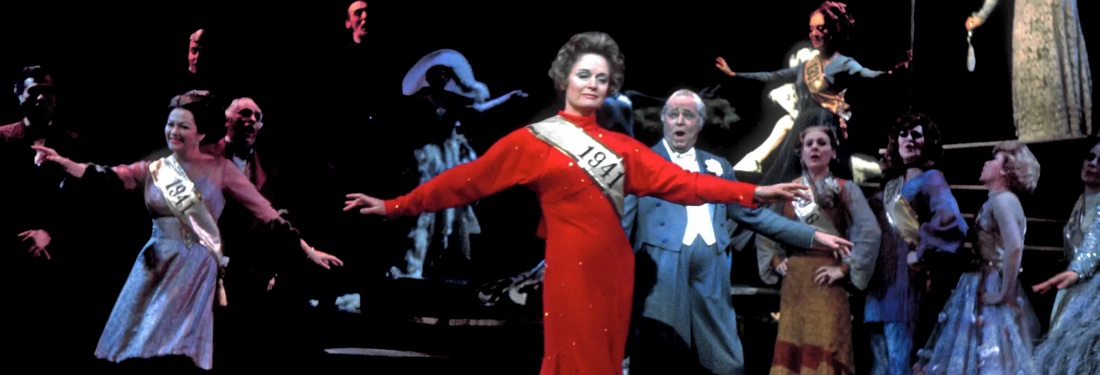
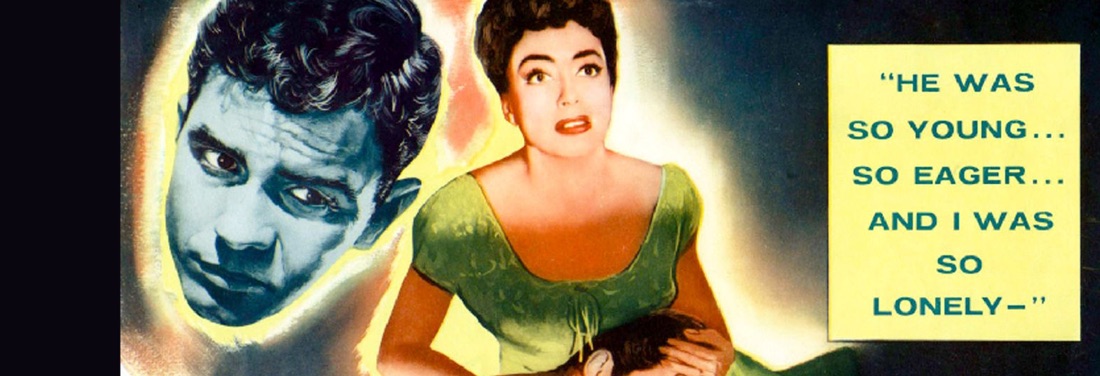

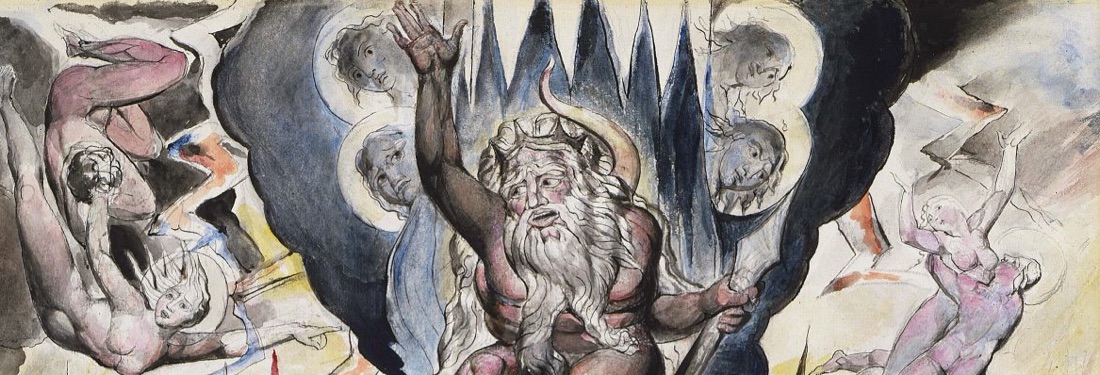
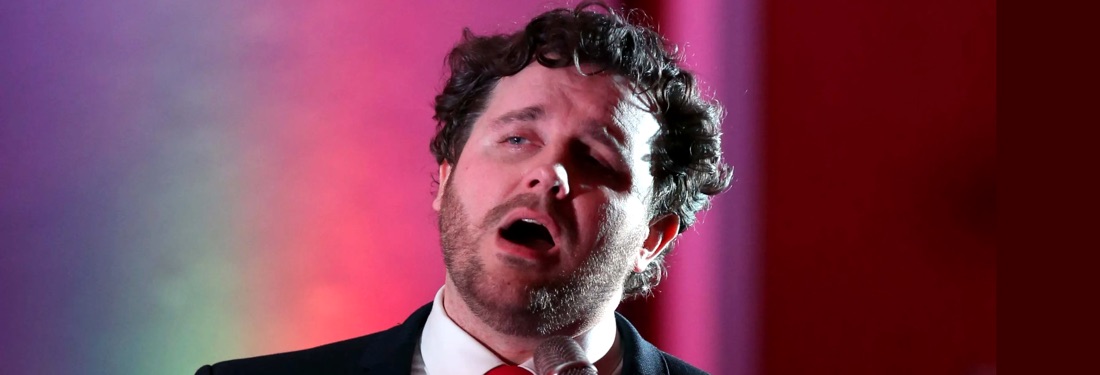
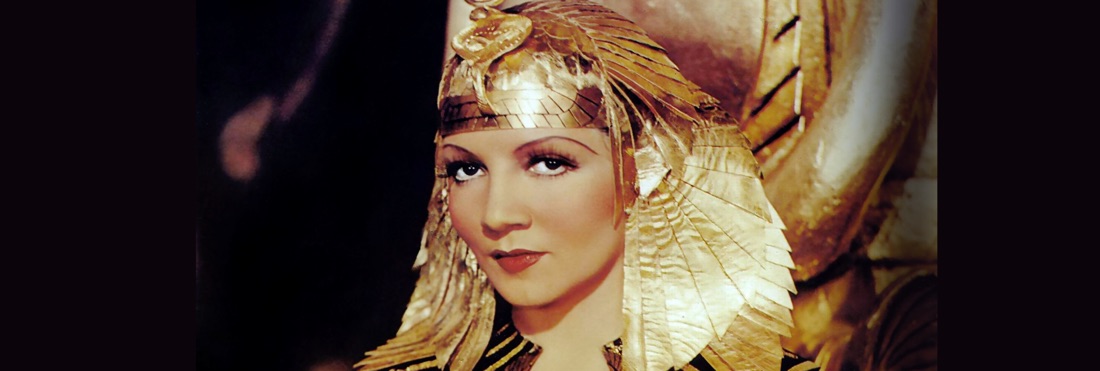

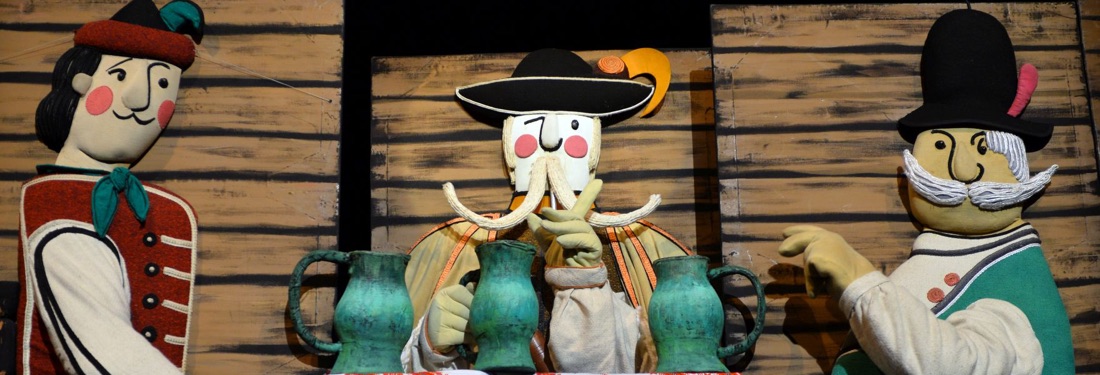
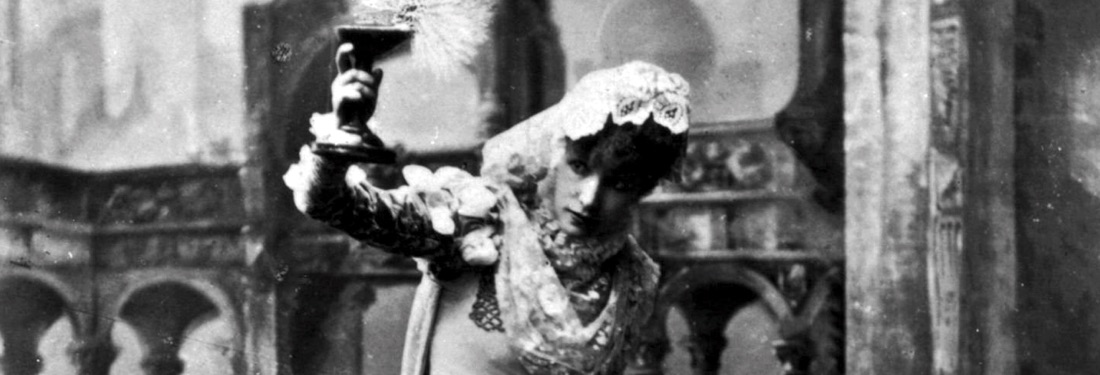



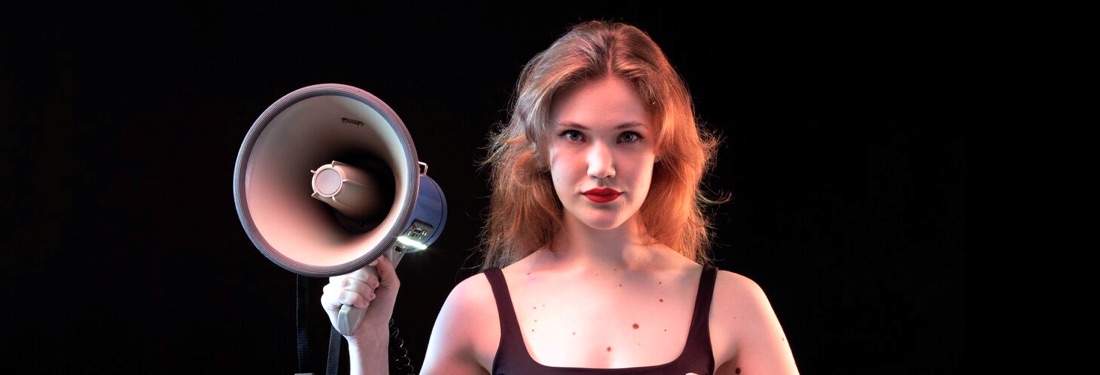
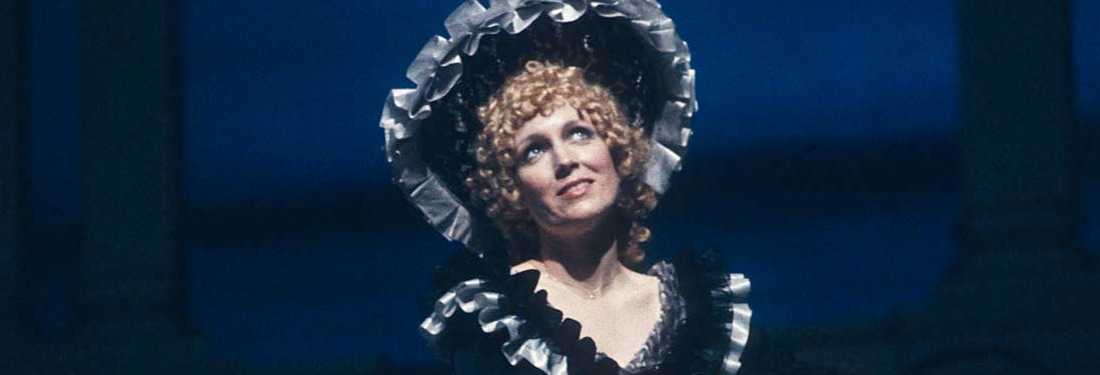











Comments